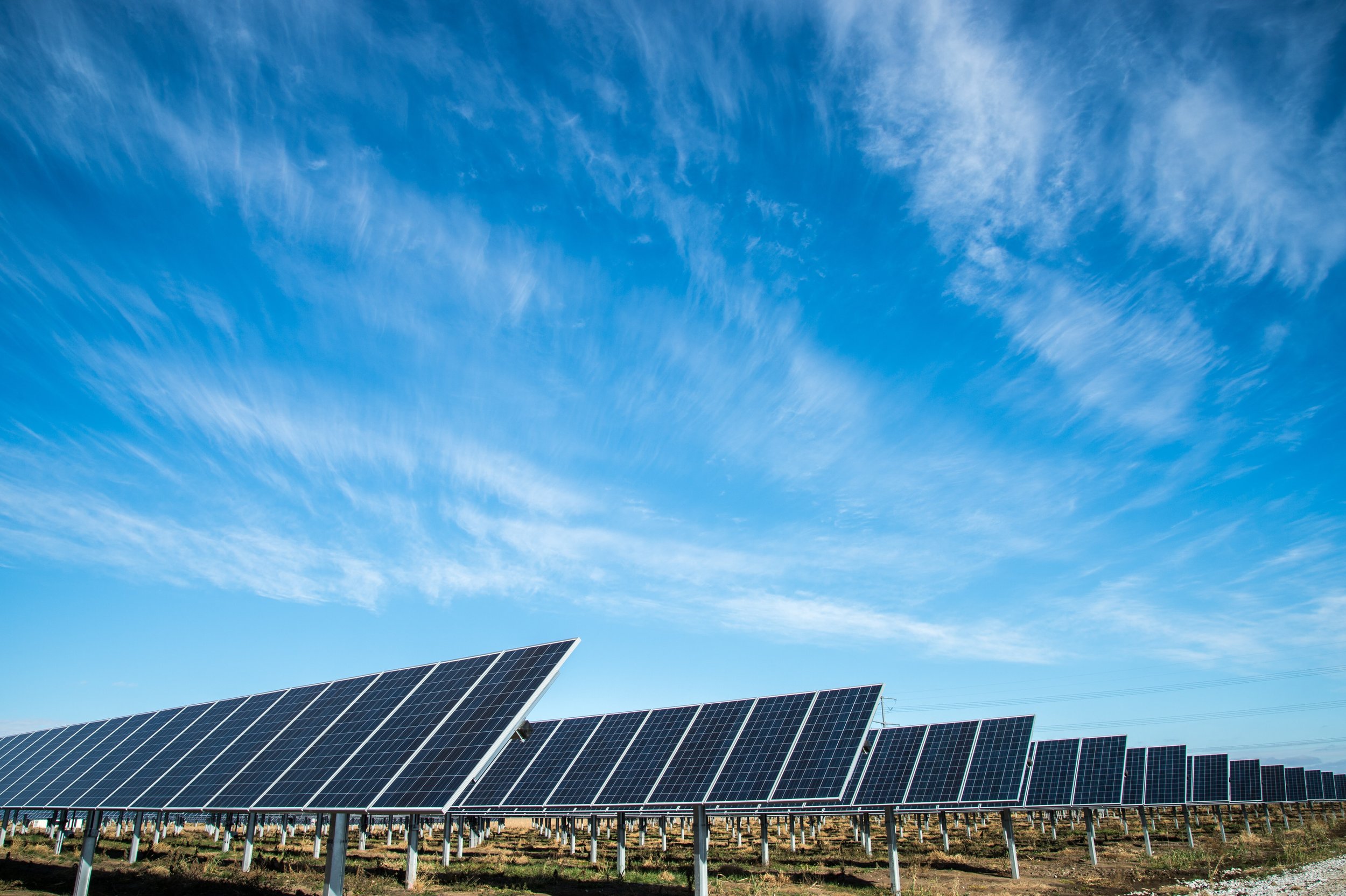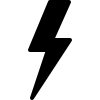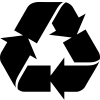
Facilitating partnerships to reduce waste and energy bills
ReSolar researches and develops solutions for the solar industry, to help them operate a sustainable supply chain, compliance with WEEE regulations, and options for extending the lifespan of modules discarded as waste. Affordable, reliable second life solar panels are available to communities and households to help them reduce their energy bills and reduce their carbon emissions.
-

1. Receive
Using a network of partners and approved waste facilities, Re-Solar arrange for batches of faulty solar panels to be collected from anywhere in the UK. Re-Solar has the necessary WEEE waste carrier licence from the Environment Agency.
-

2. Repair
At the workshop, solar panels are processed and put into different categories based on their performance and faults. Faults which can be fixed have remedial work undertaken, and they are checked for product safety.
-

3. Retest
Using specialist solar flash testing facilities, the solar panels are tested to check their performance. This allows for the panels to be graded and priced accordingly, and can provide assurance to the end user that they are receiving a quality product.
-

4. Rehome
Working with charitable partners and social enterprises, Re-Solar identifies a new home for the solar panels. Assistance can be provided for other materials and components, and we can even assist with the install.
-

5. Repower
The new home for the photovoltaics will provide an abundance of affordable, carbon free, electricity for the foreseeable future, safe in the knowledge that it has been prevented from entering the waste stream.
-

6. Recycle
Unfortunately, some of the panels Re-Solar receives have truly come to the end of their life. At this stage the panels are broken down into their raw materials, with the components being recycled to make new panels.
-

7. Research
Reuse within the solar industry has not been done before in the UK, and Re-Solar is constantly reviewing all aspects of its operations for improvements. This feeds into critical research and publications on this topic, which there is little information on.
-

8. Repeat
All of these processes and research feeds back into manufacturers so they can improve the design of their solar panels, and build them even more resilient and longer lasting. This is the final turn of the circular economy revolution.
